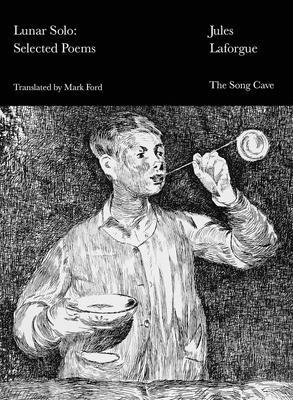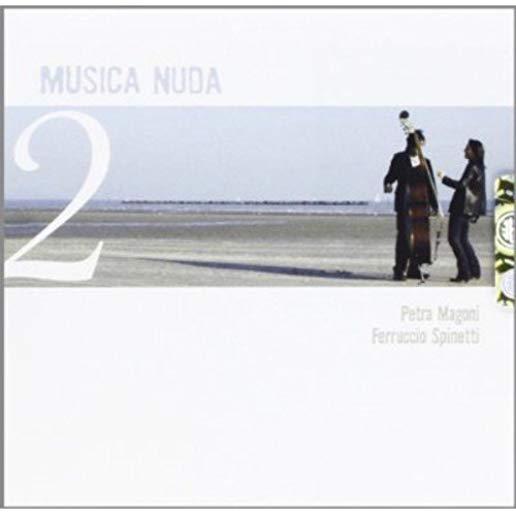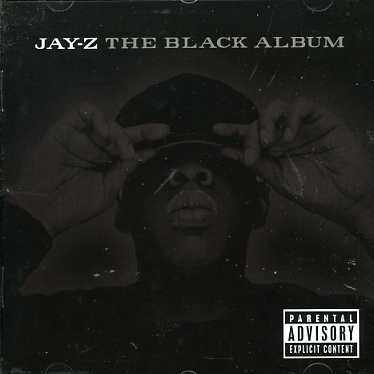
Largely unread yet one of the most influential forces on modern literature, Jules Laforgue was a brilliant French poet whose work was cut short by his untimely death at 27 years old. Praised by Pound as "a father of light," Laforgue has been overshadowed by the many poets he influenced--from Apollinaire to Prévert, Eliot to Joyce--until now. In this bilingual edition, Lunar Solo: Selected Poems, acclaimed poet and translator Mark Ford achieves in English the playful, wild and entertaining style of Laforgue's poetry. Generally acknowledged as the inventor of free verse, Laforgue is part-symbolist, part-impressionist and wholly unique.
Jules Laforgue (1860-87) was born to French parents in Montevideo, Uruguay. Following the outbreak of war between Uruguay and Paraguay in 1866, he was sent to school in Tarbes in the southwest of France. Almost all of Laforgue's poetry was written while he was employed as French Reader to the Empress Augusta at the Imperial Court of Prussia from 1881 to 1886. During his lifetime he published only two volumes of poetry, Les Complaintes (1885) and L'Imitation de Notre-Dame la Lune (1886). Generally acknowledged as the inventor of vers libre or free verse, Laforgue has proved enormously influential on many writers, in particular on the modernist poets T.S. Eliot and Ezra Pound.







